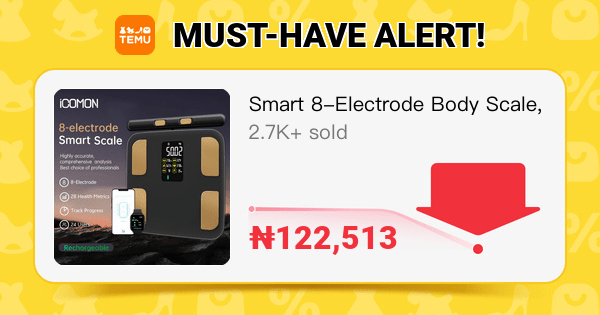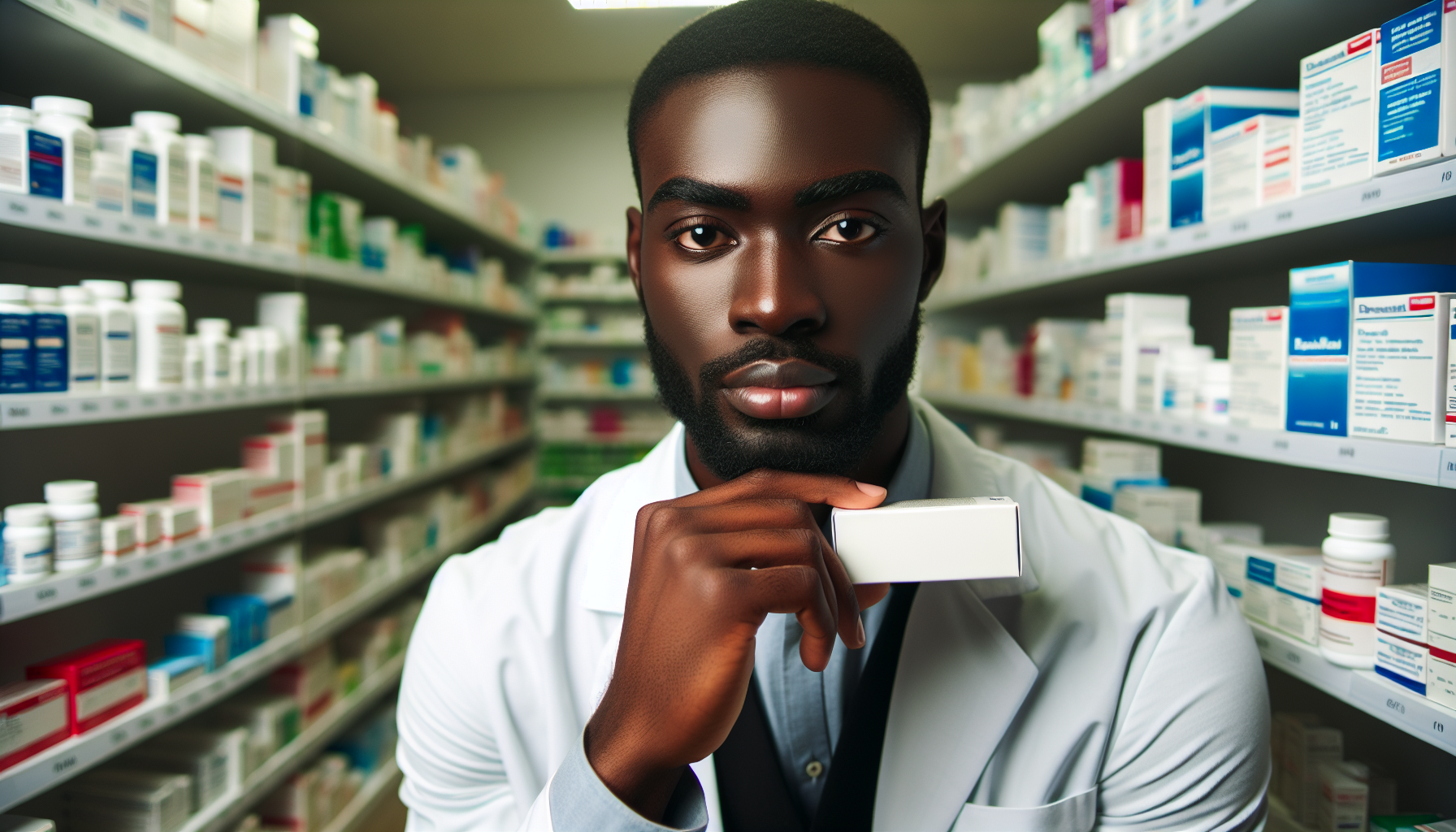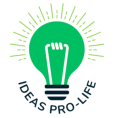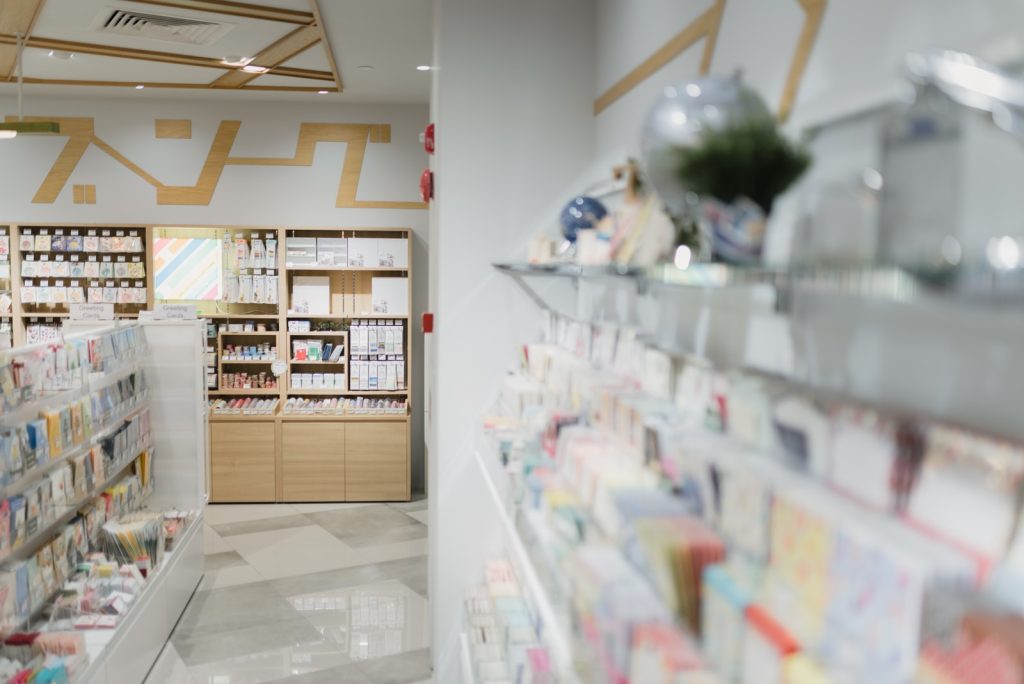I woke up recently to yet another headline about issues with pharmaceutical regulation in Nigeria. The National Agency for Food and Drug Administration and Control (NAFDAC) had just busted an illegal drug market. This time, it was in a notorious hub where counterfeit pharmaceuticals flow as freely as water.
Images of law enforcement officers seizing truckloads of fake drugs flooded my timeline, and I couldn’t help but feel a mix of relief and frustration. Relief that action was being taken, but frustration that this battle against fake and unsafe medicines seems never-ending.
As a pharmacist who has worked across various facets of the pharmaceutical industry in Nigeria, I have seen firsthand how the regulatory landscape struggles to keep up with the sheer volume of illegal activities.
The issues run deep—from unregistered drug imports to counterfeit medications flooding the markets, and even pharmacies struggling to source genuine drugs amid regulatory gaps. The recent clampdowns by NAFDAC are commendable, but they only scratch the surface of a much larger problem.

🚀 Level Up Your Health Tracking!
Stop guessing and start knowing. The icomon FG2001ULB 8-Electrode Smart Scale gives you the complete picture.
Get 20+ advanced metrics including Visceral Fat, Muscle Mass, and Segmented Analysis—not just weight. It’s comprehensive body intelligence, delivered straight to your app.
Every day, I interact with patients, healthcare providers, and industry stakeholders, and I’ve seen firsthand the devastating consequences of weak regulation. From counterfeit drugs that fail to treat life-threatening conditions to illegal drug markets where medicines are stored in appalling conditions, the challenges are immense.
These malpractices don’t just undermine the integrity of our healthcare system—they put lives at risk. And while NAFDAC has made commendable efforts to combat these issues, the reality is that the agency is often stretched thin, grappling with limited resources, corruption, and a constantly evolving landscape of illegal activities.
In this blog post, I want to take you on a journey through the complexities of pharmaceutical regulation in Nigeria. We’ll explore the challenges NAFDAC faces, the consequences of these regulatory gaps, and the critical role that effective regulation must play in sanitizing our pharmaceutical landscape.
My hope is that by shedding light on these issues, we can spark a conversation about how all of us—government, industry professionals, and the public—can work together to ensure that every Nigerian has access to safe, effective, and quality medicines. Because at the end of the day, this isn’t just about regulations or policies—it’s about people’s lives. And that’s something worth fighting for.
Read Also: From USAID to Uncertainty: How Aid Cuts are Changing the Game for Recipient Countries
The Current State of Pharmaceutical Regulation in Nigeria
Let me paint you a picture of what’s happening in Nigeria’s pharmaceutical sector. It’s a landscape filled with promise and potential, but also riddled with challenges that keep me—and many of my colleagues—up at night.
At the heart of it all is NAFDAC, the National Agency for Food and Drug Administration and Control. This agency is tasked with one of the most critical roles in our healthcare system: ensuring that every drug, food, and medical product in Nigeria is safe, effective, and of high quality.
It’s a monumental responsibility and one that NAFDAC has been striving to fulfill since its inception. But the truth is, the agency is fighting an uphill battle.
Illegal Importation
One of the biggest issues plaguing pharmaceutical regulation in Nigeria is illegal importation. Walk into any bustling market in Lagos, Kano, or Onitsha, and you’ll find drugs being sold openly—drugs that have never been registered or approved by NAFDAC.
These products often bypass official channels, slipping through porous borders and ending up in the hands of unsuspecting consumers. I’ve seen it myself: boxes of antibiotics, antimalarials, and even life-saving medications with labels in foreign languages, no NAFDAC registration numbers, and questionable origins.
These drugs are not just unregulated—they’re a ticking time bomb.
Counterfeiting
Then there’s the scourge of counterfeiting. It’s a problem that feels almost impossible to escape. Counterfeiters have become incredibly sophisticated, producing fake drugs that look almost identical to the real thing.
But while the packaging might be convincing, the contents are anything but. I’ve heard heartbreaking stories from patients who took what they thought was a genuine medication, only to find out it was a counterfeit that worsened their condition—or worse, led to tragic outcomes.
These counterfeiters operate in the shadows, exploiting weak enforcement and making billions at the expense of public health.
Illegal Drug Markets
And let’s not forget the illegal drug markets. These are places where drugs are sold like everyday commodities, often stored in appalling conditions. Imagine medicines meant to save lives being kept in damp, dirty environments, exposed to extreme heat, or stacked next to food items and chemicals.
It’s a nightmare scenario, but it’s happening right here in Nigeria.
These markets are a hub for all sorts of malpractices, from the sale of expired drugs to the distribution of unregistered and counterfeit products.
But why is this happening? Why is NAFDAC, despite its best efforts, struggling to rein in these issues? The answer lies in a combination of factors.
Inadequate resources are a major hurdle. NAFDAC is often underfunded and understaffed, making it difficult to conduct effective surveillance, inspections, and enforcement. The agency also lacks access to the latest technology and tools needed to track and trace drugs throughout the supply chain.
And then there’s the issue of corruption, both within and outside the agency. It’s an open secret that some individuals exploit loopholes, take bribes, or turn a blind eye to illegal activities, further complicating NAFDAC’s efforts.
All of these challenges create a perfect storm, one that undermines the integrity of our pharmaceutical sector and puts countless lives at risk. But here’s the thing: understanding these challenges is the first step toward solving them.
And while NAFDAC may be at the center of this storm, it’s not a battle they can fight alone. It’s going to take a collective effort—from the government, healthcare professionals, industry stakeholders, and even the public—to turn the tide. Because at the end of the day, this isn’t just about NAFDAC or the pharmaceutical industry. It’s about ensuring that every Nigerian has access to medicines they can trust. And that’s a goal worth striving for.
Check this Out! Top 10 Pharmacy Marketing Strategies to Boost Your Business in 2025

Consequences of Weak Pharmaceutical Regulation in Nigeria
When regulation fails, the consequences are far-reaching and devastating. As a pharmacist, I’ve seen the human cost of these failures up close. It’s not just about numbers or statistics—it’s about real people whose lives are forever changed because of substandard, counterfeit, or improperly stored drugs.
Public Health Risks
First and foremost, weak pharmaceutical regulation in Nigeria poses serious public health risks. Imagine a patient with malaria being given a counterfeit antimalarial that contains little to no active ingredient. Not only does their condition worsen, but they may also develop complications or even die. I’ve seen cases where patients trusted their medications, only to find out too late that they were fake.
And it’s not just counterfeits—drugs stored in unwholesome conditions lose their potency, rendering them ineffective or even harmful. The result? Treatment failures, drug resistance, and unnecessary loss of life.
Negative Economic Impact
The economic impact is equally alarming. Legitimate pharmaceutical companies invest heavily in research, development, and quality control, only to have their markets undercut by counterfeiters and illegal importers.
This not only stifles innovation but also leads to job losses and reduced revenue for the government. In the long run, it creates a vicious cycle where fewer resources are available to strengthen pharmaceutical regulation in Nigeria, perpetuating the problem.
Trust Issues
Then there’s the erosion of trust. When patients can’t be sure whether the drugs they’re taking are genuine, it undermines their confidence in the entire healthcare system.
I’ve had patients ask me, “How do I know this medicine is real?” It’s a heartbreaking question and one that no one should have to ask. Trust is the foundation of healthcare, and once it’s broken, it’s incredibly difficult to rebuild.
Unsavory Global Reputation
Finally, there’s the global reputation of Nigeria to consider. Our country has, unfortunately, gained a reputation as a hub for counterfeit drugs. This not only affects our standing in the international community but also hampers trade and partnerships with other nations.
It’s a stain on our collective identity and one that we must work tirelessly to erase.
The consequences of weak pharmaceutical regulation in Nigeria are clear, and they’re dire. But understanding these consequences is only the first step. The real question is: what can we do to fix it?
Read Also: Wearable Technology in Healthcare: Revolutionizing Personal Wellness
Recent Efforts by NAFDAC
Despite the challenges, NAFDAC has been making strides in its fight against counterfeit drugs and illegal markets towards pharmaceutical regulation in Nigeria. The recent busts of illegal drug markets and seizures of counterfeit medicines are a testament to the agency’s commitment to protecting public health. These operations have not only disrupted the activities of counterfeiters but also sent a strong message that illegal practices will not be tolerated.
One of NAFDAC’s key initiatives has been strengthening border controls and surveillance. By working closely with customs and other security agencies, the agency has been able to intercept large quantities of unregistered and counterfeit drugs before they enter the country. These efforts are crucial in stemming the tide of illegal importations.
NAFDAC has also launched the Digital Mobile Authentication Service (MAS), an anticounterfeiting strategy to detect substandard and falsified (SF) medical products. The scheme uses scratch codes and Short Messaging Service (SMS) to empower consumers to verify the authenticity of medicines at the point of purchase: (putting the power of detecting counterfeit in the hands of consumers)
Another important step has been collaboration with international agencies and local stakeholders. By partnering with organizations like the World Health Organization (WHO) and local pharmaceutical companies, NAFDAC has been able to leverage expertise and resources to enhance its regulatory efforts. These partnerships are essential in tackling a problem that is both complex and multifaceted.
However, despite these efforts, challenges remain. NAFDAC is still under-resourced, and the scale of the problem often feels overwhelming. But the agency’s recent successes are a reminder that progress is possible, and that with the right support, NAFDAC can do even more to protect public health.
Pharmaceutical Regulation in Nigeria – Sanitizing the Landscape
If we’re serious about fixing Nigeria’s pharmaceutical landscape, regulation must be at the heart of our efforts. But what does effective regulation look like, and how can we achieve it?
Strengthen NAFDAC’s capacity
First, we need to strengthen NAFDAC’s capacity. This means providing the agency with the funding, manpower, and technological tools it needs to carry out its mandate effectively. Imagine a NAFDAC equipped with state-of-the-art laboratories, advanced track-and-trace systems, and a well-trained workforce. This is not a pipe dream—it’s a necessity if we want to ensure the safety and quality of our drugs.
Policy and legislative reform
Second, we need policy and legislative reforms. Pharmaceutical regulation in Nigeria requires stricter penalties for counterfeiters and illegal importers are essential to deter these activities. At the same time, we need to streamline regulatory processes to make it easier for legitimate businesses to comply. This will create a more level playing field and encourage greater participation from reputable pharmaceutical companies.
Public-private partnerships
Public-private partnerships are another critical piece of the puzzle. By working together, government, pharmaceutical companies, healthcare providers, and NGOs can pool their resources and expertise to tackle the problem from multiple angles. For example, pharmaceutical companies can help fund NAFDAC’s initiatives, while healthcare providers can play a key role in educating patients about the dangers of counterfeit drugs.
Community engagement
Community engagement is also vital. The public needs to be aware of the risks and know how to identify and report fake drugs. This requires sustained education and awareness campaigns, as well as mechanisms for reporting suspicious activities. When communities are empowered, they become a powerful ally in the fight against counterfeit drugs.
Technology & Innovation
Finally, we need to embrace technology and innovation. Tools like blockchain and track-and-trace systems can help monitor the drug supply chain, making it easier to identify and eliminate counterfeit products. These technologies are not just futuristic concepts—they’re practical solutions that can make a real difference.
Effective pharmaceutical regulation in Nigeria is not just about enforcement—it’s about creating a system that prioritizes safety, quality, and accountability. And while the road ahead is challenging, it’s one we must travel if we want to build a pharmaceutical landscape that Nigerians can trust.
The Way Forward for Pharmaceutical Regulation in Nigeria
So, where do we go from here? The challenges are immense, but they’re not insurmountable. What’s needed is a collective effort—a commitment from all stakeholders to prioritize drug safety and public health.
First and foremost, we need sustained political will. The government must recognize the importance of pharmaceutical regulation and invest in it accordingly. This means increasing funding for NAFDAC, supporting policy reforms, and holding those who undermine public health accountable.
We also need continuous monitoring and evaluation. Regulation is not a one-time effort—it’s an ongoing process that requires constant adaptation to new challenges. By regularly assessing the effectiveness of our regulatory strategies, we can identify gaps and make the necessary adjustments.
But perhaps most importantly, we need collaboration. This is not a problem that NAFDAC can solve alone. It requires the active participation of healthcare professionals, pharmaceutical companies, civil society, and the public. Each of us has a role to play, whether it’s reporting suspicious activities, advocating for stronger pharmaceutical regulation in Nigeria, or simply being more vigilant about the medicines we buy.
The vision is clear: a Nigeria where every drug on the market is safe, effective, and of high quality. A Nigeria where patients can trust their medications and healthcare providers can focus on delivering care without worrying about the integrity of the drugs they prescribe. It’s a vision worth fighting for, and one that we can achieve if we work together.
Conclusion
As I reflect on the challenges facing Nigeria’s pharmaceutical sector, I’m reminded of why I became a pharmacist in the first place: to make a difference in people’s lives. The issues we face are complex, but they’re not insurmountable. NAFDAC has made commendable efforts, but the agency needs more support to fulfill its mandate effectively. And while pharmaceutical regulation in Nigeria is critical, it’s only part of the solution. What we need is a collective commitment to prioritize public health and ensure that every Nigerian has access to safe, quality medicines.
This is not just about NAFDAC or the pharmaceutical industry—it’s about all of us. It’s about the patients who rely on these medications, the healthcare providers who prescribe them, and the communities that deserve better. Together, we can build a pharmaceutical landscape that Nigerians can trust. And that’s a goal worth striving for.



